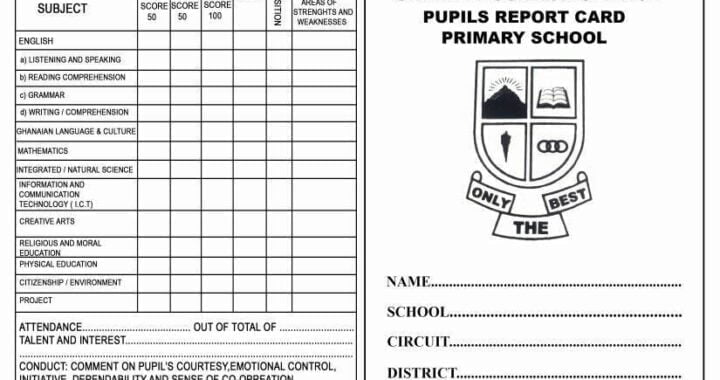Top 10 Study Techniques That Actually Work

When preparing for exams, it’s crucial to utilize study techniques that have been proven effective. Here are ten techniques that actually work and can help enhance your learning and retention
1. Active Recall
Actively engage with the material by recalling information from memory rather than simply rereading it. Practice retrieving key concepts, definitions, and facts without looking at your notes. This technique strengthens memory recall and deepens understanding.
2. Spaced Repetition
Space out your study sessions over time to optimize retention. Review material at intervals, gradually increasing the duration between sessions as you become more familiar with the content. Spaced repetition enhances long-term memory retention.
3. Interleaved Practice
Instead of focusing on one subject or topic exclusively, mix up your study sessions by interleaving different subjects or topics. This approach promotes active engagement and strengthens connections between related concepts, leading to better overall comprehension.
4. Chunking
Break down large amounts of information into smaller, more manageable chunks. Focus on mastering one chunk at a time before moving on to the next. Chunking facilitates deeper understanding and prevents cognitive overload.
5. Visualization
Create visual representations of complex concepts or processes to aid understanding and recall. Use diagrams, charts, or mind maps to illustrate relationships between ideas visually. Visualization can enhance comprehension and memory retention, particularly for visual learners.
6. Teaching Others
Explain concepts or solve problems as if you were teaching them to someone else. Teaching others reinforces your own understanding and highlights areas where you may need further clarification. Additionally, it improves communication skills and builds confidence in your knowledge.
7. Mnemonics
Use mnemonic devices such as acronyms, rhymes, or visual imagery to aid memory recall. Create mnemonic devices for key concepts, formulas, or lists to make them easier to remember during exams.
8. Practice Retrieval
Regularly practice retrieving information from memory through self-testing or quizzes. This active recall strengthens memory retrieval pathways and enhances long-term retention of information.
READ ALSO: Top 10 Online Resources for Studying
9. Elaborative Interrogation
Ask yourself “why” and “how” questions to deepen your understanding of the material. By explaining the reasoning behind concepts or processes, you reinforce your understanding and create stronger memory associations.
10. Reflective Practice
After completing a study session or exam, take time to reflect on your learning experience. Identify what strategies were effective and areas where you can improve. Adjust your study techniques accordingly to optimize future efforts.
Incorporating these study techniques into your study routine can significantly enhance your learning experience and improve your performance in exams.


 GES 2024-2025 Academic Calendar for Public Schools
GES 2024-2025 Academic Calendar for Public Schools  GES to recruit university graduates and diploma holders-GES Director General
GES to recruit university graduates and diploma holders-GES Director General  GES is expected to announce reopening dates for public schools today
GES is expected to announce reopening dates for public schools today  Dr. Bawumia’s Smart Phone Credit Will Take 125 Years To Repay: A Misleading Promise
Dr. Bawumia’s Smart Phone Credit Will Take 125 Years To Repay: A Misleading Promise  2024-2025 Report Card Grading, Student Attitudes, Interests and Conduct Samples for Teachers
2024-2025 Report Card Grading, Student Attitudes, Interests and Conduct Samples for Teachers  US Staffing Agencies Recruiting International Job Seekers With Work Visa Sponsorship
US Staffing Agencies Recruiting International Job Seekers With Work Visa Sponsorship  Buy 1 Gig MTN or Airtel Tigo data for only GHS6.00 not GHS17.00
Buy 1 Gig MTN or Airtel Tigo data for only GHS6.00 not GHS17.00